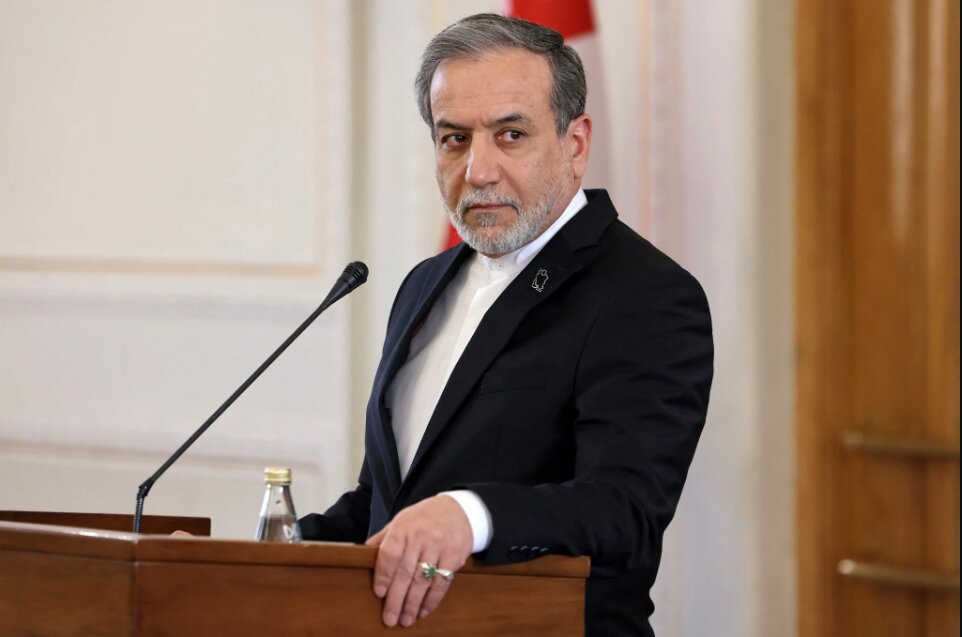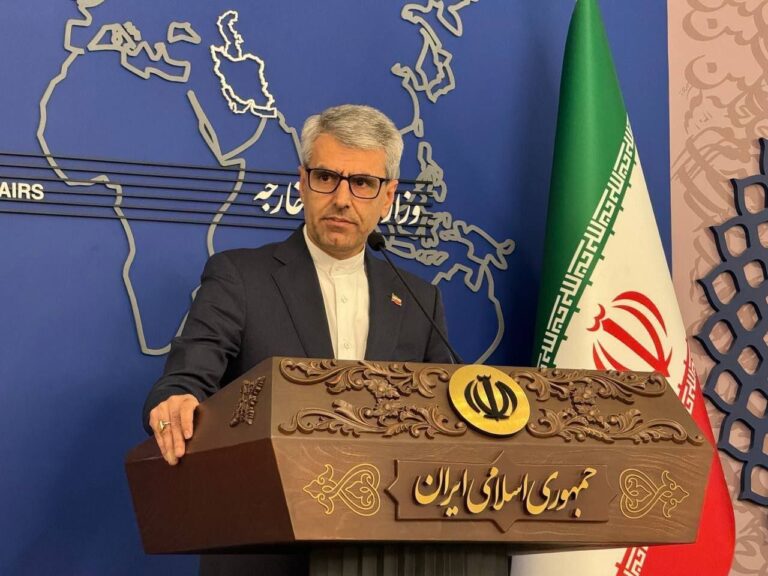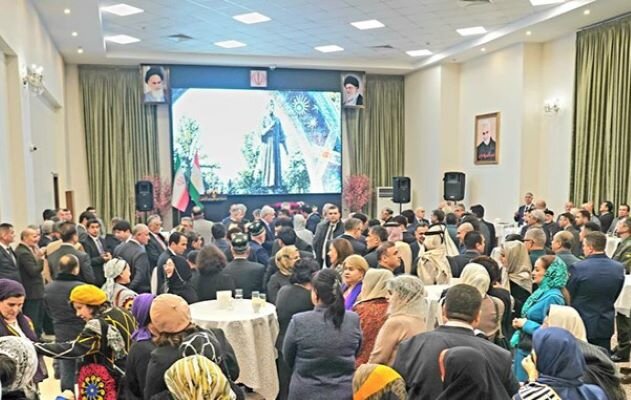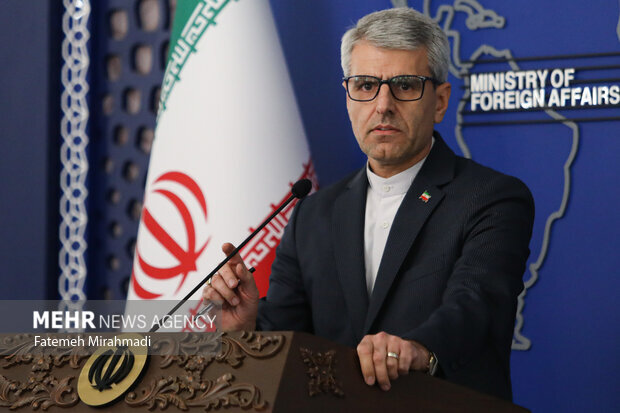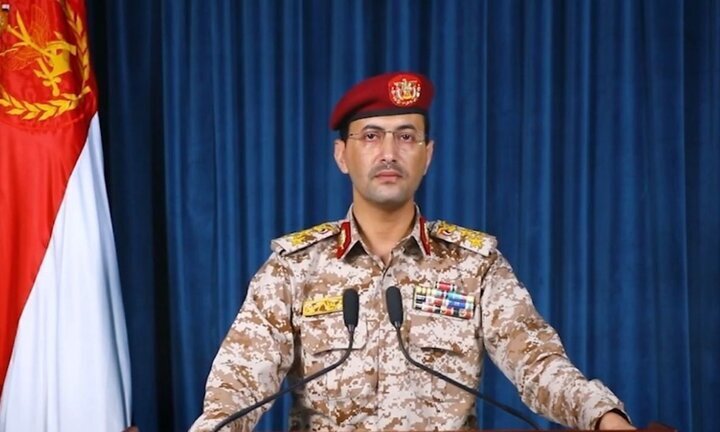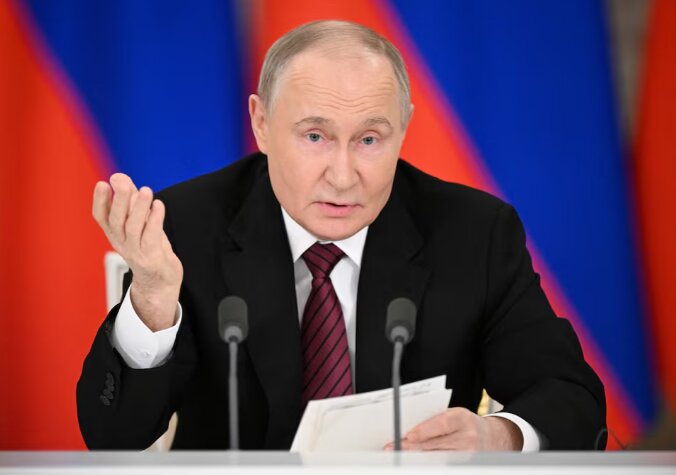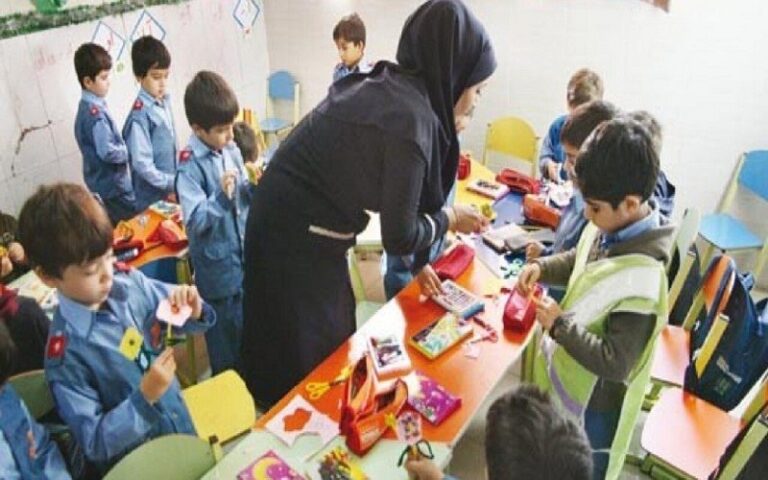Why a Military Solution is Not the Answer to the Nuclear Crisis
The ongoing discussions surrounding the 2015 nuclear deal, officially known as the Joint Comprehensive Plan of Action (JCPOA), highlight crucial commitments made by Iran, which continue to hold significance even after the United States’ withdrawal. In a recent statement, Iranian official Araghchi emphasized, “Iran reaffirms that under no circumstances will Iran ever seek, develop or acquire any nuclear weapons.” This commitment remains a key aspect of the agreement that has implications for international relations and regional stability.
Ten years after the signing of the JCPOA and seven years post the U.S. exiting the deal, Araghchi pointed out that, “there is not ONE SHRED OF PROOF that Iran has violated this commitment.” He further noted that even the Director of National Intelligence (DNI) Gabbard has confirmed this assertion. This statement underscores the importance of diplomatic dialogue in addressing nuclear proliferation concerns.
Araghchi’s remarks bring to light several essential points regarding the effectiveness of diplomatic engagement and the consequences of military interventions:
- Historical Context: Diplomatic engagement has demonstrated success in the past, indicating a pathway for future negotiations regarding nuclear issues.
- No Military Solutions: Araghchi warns that there is no viable “military option” or “military solution” to the challenges in the region, suggesting that such approaches would likely lead to further destabilization.
- Financial Implications: He highlighted the catastrophic failures that have cost previous U.S. administrations over $7 trillion, illustrating the economic toll of military actions in the region.
As the international community reflects on the JCPOA, it is crucial to acknowledge Iran’s commitments and the broader implications of military versus diplomatic strategies. The lack of evidence regarding Iran’s violation of nuclear commitments raises questions about the current approach to negotiations and the potential for renewed dialogue.
In addition, the absence of proof regarding Iran’s nuclear activities emphasizes the need for careful consideration in the formulation of foreign policy. The diplomatic route has proven beneficial, and maintaining lines of communication may foster a more stable and secure environment for all parties involved.
Moreover, the repercussions of military interventions in the Middle East continue to be felt, with various conflicts leading to significant humanitarian crises and geopolitical instability. The focus on diplomacy could provide a more sustainable solution to long-standing tensions in the region, allowing for cooperation and mutual understanding.
In conclusion, as discussions about the future of the nuclear deal and Iran’s nuclear ambitions continue, it is imperative for stakeholders to recognize the importance of diplomatic efforts. The commitments outlined in the JCPOA should not be overlooked, as they represent a critical framework for reducing nuclear threats and promoting peace.
